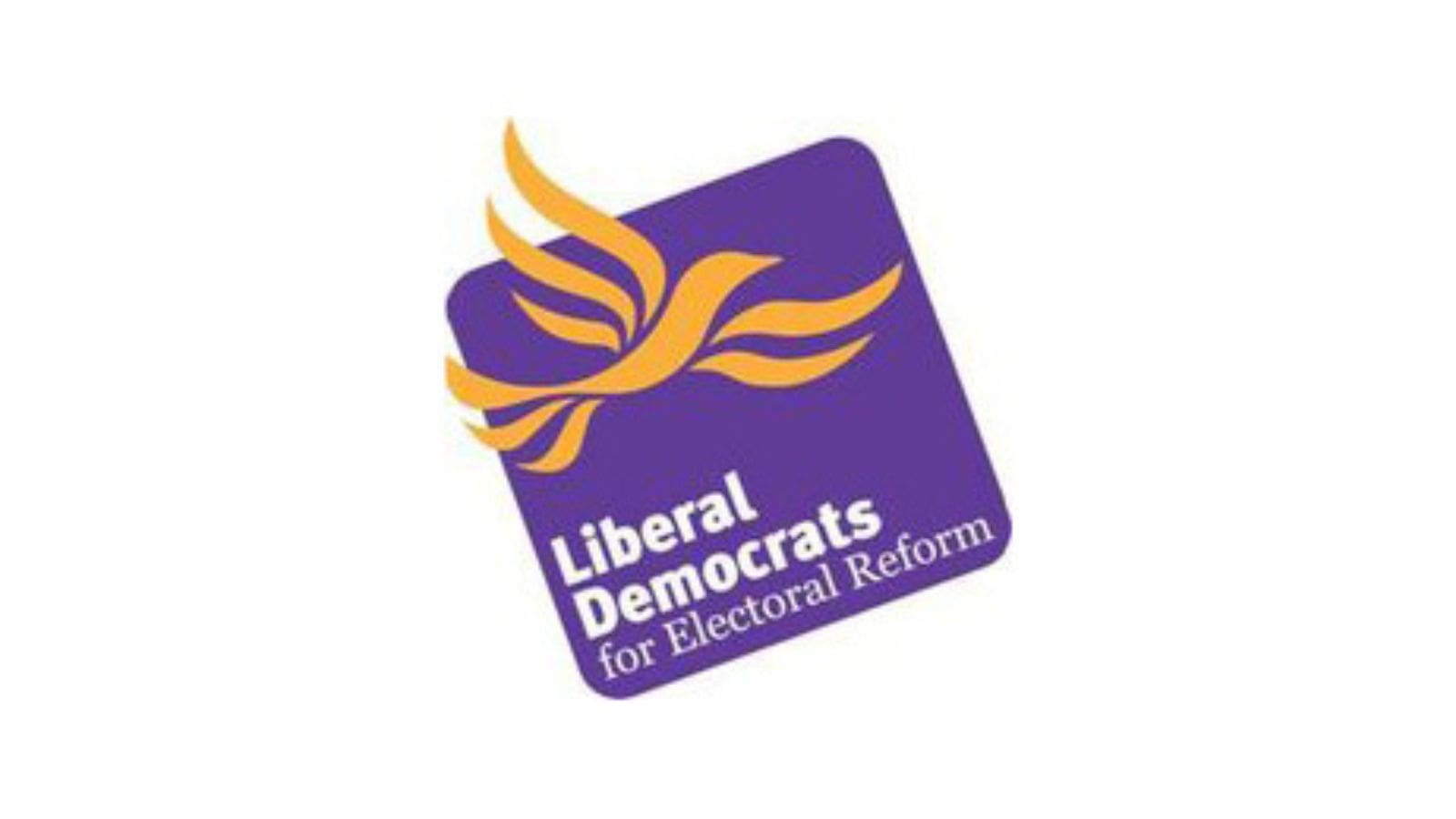Empowering voters
Why First Past the Post is unfair and the case of Proportional Representation
Individual rights and freedoms lie at the core of liberal beliefs. This includes the right to a good education, to healthcare, a decent, safe environment; the freedom and opportunity to pursue our own hopes, goals, ambitions. Politically, this requires devolving power and decision-making, whenever practicable, to local neighbourhoods and communities.
And in a democracy, the job of the electoral system is to reinforce those rights and freedoms for the individual voter, to ensure that our votes, our views, count equally – and that election results express the overall will of the electorate. The way in which voters elect their representatives is a democratic fundamental.
But today, how many people feel their vote truly matters; that our political system works for them, that they have a say? Disaffection and distrust are so widespread they’ve become a virtually accepted norm.
A basic cause of this? Our so-called ‘first past the post’ (FPTP) system cheats the voter.
Take the 2019 General Election: the Greens managed one MP despite getting 865,000 votes; while the Conservatives won an MP for every 38,000 votes received! (The Liberal Democrats polled 336,000 votes per MP).
The Conservatives got well under half the votes cast (43.6%) yet won a big majority of seats (80) – and under our loose, unwritten constitution, 100% of the power. This didn’t stop the media reporting consensus of a ‘landslide’ and a rousing endorsement. (Ignored was the fact that this was a tiny incremental increase – the Conservatives won 42.4% of the vote in 2017).
Next: whether your vote counts depends on where you live. At every election there is a minority of ‘marginal’ or ‘swing’ seats which determine the overall result. In most constituencies, the result is a foregone conclusion. Often, huge victory margins pile up for either one of the two main parties. It’s doubtless gratifying for an MP to see their majorities grow – but it’s politically useless. A majority of a few dozen votes counts the same in elections as one of tens of thousands.
In 2019, the vast majority – 70.8% – of votes (source: Electoral Reform Society) were wasted either through votes for losing candidates; or for casting surplus votes in already-decided constituencies…’Post Code Lottery’ is a gross understatement.
Defenders claim among other things that all this is recent, due to factors such as the decline in voter-support for the two main parties. This is wrong on two levels: 1) FPTP has delivered democracy-distorting results ever since 1945 (eg 1951, when Labour won more votes than the Conservatives but lost the election; or February 1974 when the reverse happened); 2) it is the height of democratic denial to try to shoe horn voters into a binary, red or blue choice, which is what FPTP innately does.
Next up: a single party in charge makes for clear, strong, stable rule-making. And yet here we are, just onto our fourth Prime Minister in only seven years of single party government. (The last PM to complete a full term was David Cameron 2010-15, in a coalition).
The remedy is to make the next General Election the last under FPTP. We are working within our party, but crucially across parties and with non-party reform organisations to make this happen. Liberal Democrat policy is to replace FPT with the single transferable vote (STV) already in use in Ireland and Scottish local government. This is because STV is not only party proportional; it maximises the voice and choice of the individual voter. And in keeping with our commitment to consensual working, we are signatories to the Make Votes Matter ‘Good Systems Agreement’.
Opponents claim Liberal Democrats only want system change so we can win more seats. Well, there is nothing wrong in demanding your democratic share of MPs; but the truth is that FPTP supporters do so because they benefit disproportionately from the current system!
Of course, a proportional voting system won’t change everything, certainly not overnight. More cooperative, consensual politics will take time to evolve, given how deeply FPTP has entrenched a destructive, tribal mentality. We also need local government reform (as we already have in Scotland and Northern Ireland), proper devolution of powers and a democratic House of Lords. And we badly need to take ‘big money’ out of our politics.
But first things first. The key to unlocking the door to a politics fit for the 21st century is to change the national election system to one which is truly proportional and representative.
About the author

Keith Sharp
Author
Keith Sharp has been the Chair of Liberal Democrats for Electoral Reform since 2021 and has also been a parliamentary candidate and a local councillor. He has served a total of twenty years, in different stints, on the Council of the Electoral Reform Society; and is a member of the Make Votes Matter Alliance. His professional career has been In commercial communications, branding and public affairs. He has also been Chair of Trustees for a local community centre charity; and was for three years on the management board of the Industry and Parliament Trust.
About the organisation

